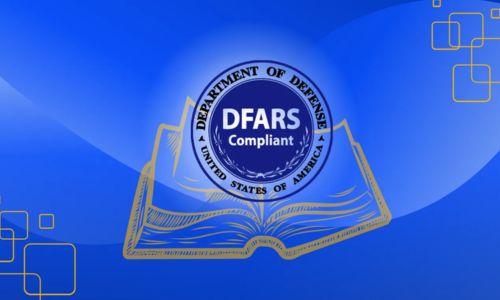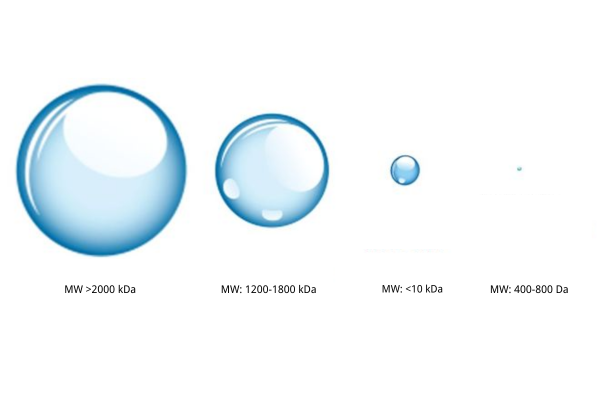What is DFARS?
Defense Federal Acquisition Regulation Supplement is a regulatory system that gives guideline to the procurement of defense sector government. It is an extension of overall federal regulation on procurement. The supplement has strict product and services specifications. It encompasses a large umbrella of suppliers. These are companies that offer equipment, technology, and other services to the government. The guidelines encourage equal contracts and proper spending of the tax dollar. This set of rules guarantees safety and reliability. It creates binding supplier requirements. Its simplicity can be used by small stores and even large companies. Defense Federal Acquisition Regulation Supplement is a shield that maintains the integrity and equity of government contracting.

Why is DFARS Important?
The importance of the DFARS is that it is an excellent guide to the procurement of defense. It makes all the contracts open and equitable. The regulations protect public funds by imposing strict policies at the time of acquisition. The regulations are an insurance against errors and oversights. It is utilized in national defense support. By requiring high standards, the supplement decreases risk within the supply chain. Increased procurement trust guarantees that only trustworthy products and services are used under defense contracts. This open exposure also makes the process predictable for vendors and the government. Organizations know what they need, and the government knows how to quantify risk.
Who does the DFARS Affect?
Many people and businesses are affected by the DFARS. Government agencies must acquire defense products based on these regulations. Contractors must comply with the rules by part suppliers, technology suppliers, or service suppliers. The supplement covers nearly every step of the procurement process. For instance, the same requirements have to be met by the firms handling military equipment, software, or cybersecurity. Even those handling non-classified but sensitive data come under its jurisdiction. It encompasses small firms and big corporations also. In short, anyone who's trying to be a part of defense projects is required to comply with these standards.
Military Equipment
The military hardware is one of the main areas the DFARS oversees. Communication hardware, armored tanks, and aircraft components are all subject to it. As factories make these products, they must be able to prove that every component meets secured standards. History shows that high evaluations reduce risk in missions.
Technology and Cybersecurity
Technology and cybersecurity are the pillars of national defense in today's world. The DFARS sets worthwhile guidelines for electronic security measures and technical products. The technology vendors are mandated to provide evidence that their products are secure and robust. The regulations mandate elaborate plans to counter cyber threats. Simple illustrations are computer systems used in secure communication and defense asset management. Organizations must elucidate how they protect networks from penetration. Ongoing audits and upgrading of systems are key compliance factors. There are many examples where compliance to these standards has reduced cybersecurity breaches. This is to maintain robust and secure digital platforms that are required for contemporary defense operations.
Controlled Unclassified Information (CUI)
Controlled Unclassified Information is a sensitive form of information that does not have full classification status but still requires to be handled with care. Rules for handling such information are properly outlined by the Defense Federal Acquisition Regulation Supplement. In most cases, misuse of controlled unclassified information has posed issues. With proper regulations, companies learn how to secure and store information safely. Practical measures are controlled access storage and strict information-sharing procedures. The majority of companies are now well aware of the need for these measures to avoid vulnerabilities. Rules allow easy management of sensitive information. Provided these rules are followed, information moves securely and smoothly, with operational integrity being preserved.
Conclusion
The DFARS is a significant regulation aimed at strengthening defense procurement. Its standards apply to goods, services, and materials. The regulations maintain fairness, protect public funds, and defend national interests. Contractors and vendors must align their practices to these apparent rules. The supplement is geared towards reducing risk in military gear, technology, and the transmission of sensitive information. For additional details, go to Stanford Chemicals Company (SCC).
Frequently Asked Questions
Q1. Who is required to comply with the Defense Federal Acquisition Regulation Supplement regulations?
A1. Contractors, government organizations, and all defense contractors are required to comply with these regulations.
Q2. What does the DFARS regulate?
A2. It regulates acquisition of military commodities, services, and material with strict regulations.
Q3. How does the DFARS improve cybersecurity?
A3. It adopts strict stipulations which make technology systems safe and less susceptible to cyberattacks.


















